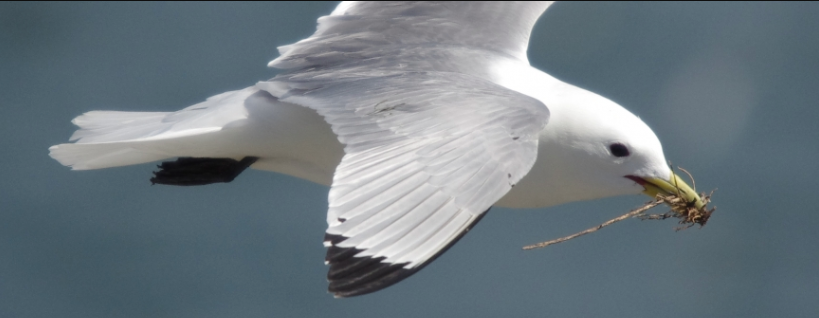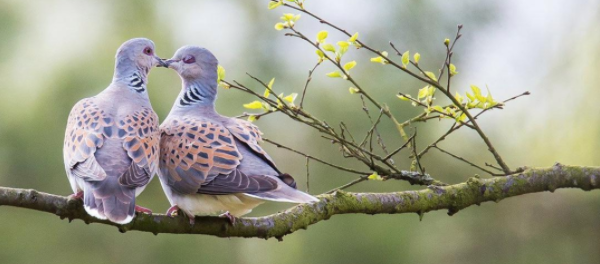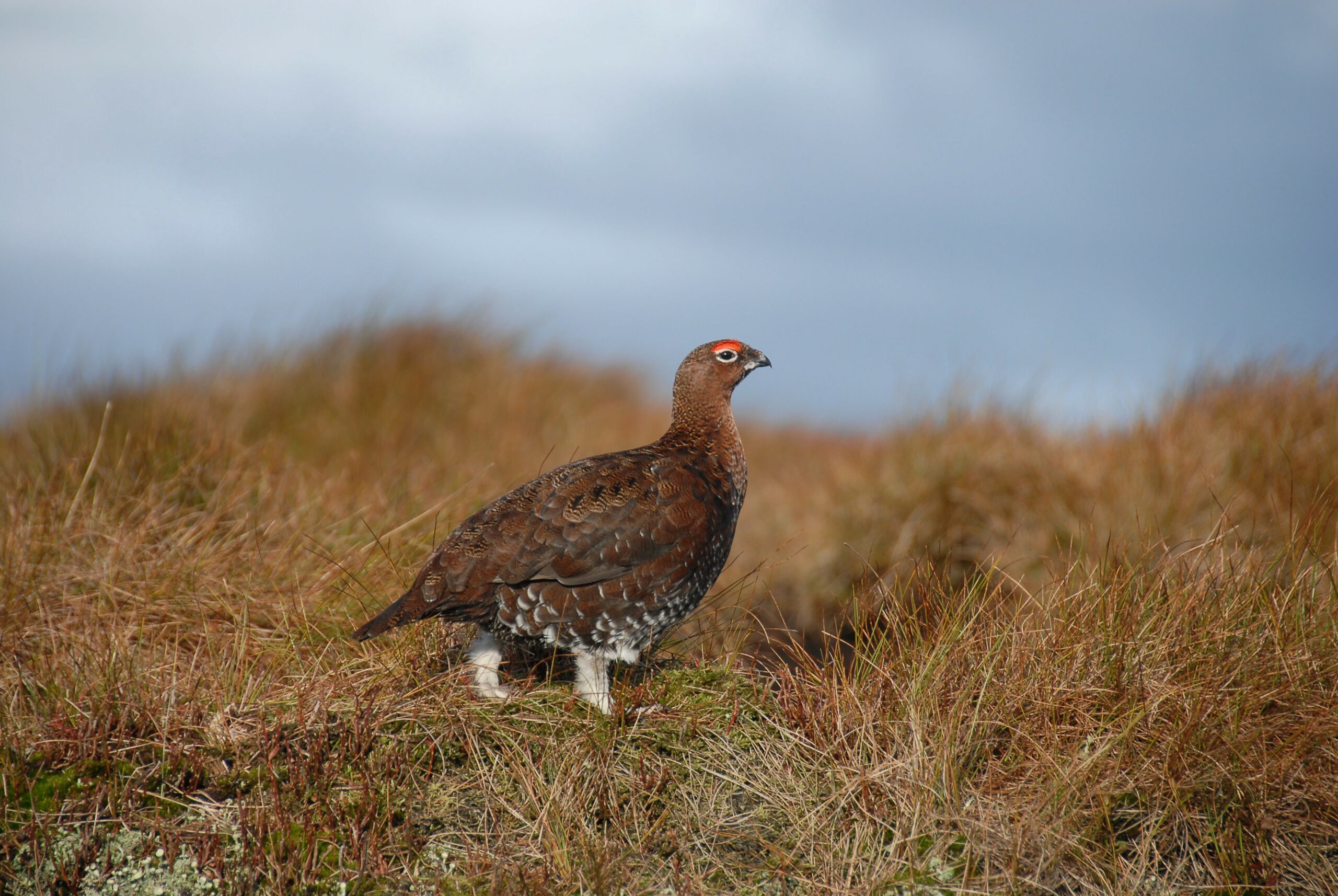*Originally published 31 October 2020*
Since the 1970s we’ve been slowly exterminating wildlife around us. Here are five facts about UK wildlife which are plain spooky.
1. 41% of the UK’s biodiversity has declined.
The main contributors are (1) agricultural practices, (2) climate change, (3) pollution, (4) woodland management, and (5) invasive non-native species introduction for shooting.
In the UK, 72% of the land is managed for agriculture — devastating natural habitats everywhere. Climate change has caused the Kittiwake (gull) population to reduce by 70% and the Department for Food and Rural Affairs (DEFRA) has been releasing and is due to release 50 million non-native birds to British natural sites each year. This is purely for fun — shooting as a sport — but the impacts are devastating: vegetation relied on by native birds is invaded and natural food webs are broken as native insects and invertebrates such as snakes and lizards are devoured.

2. 15% of wildlife is threatened with extinction.
In 2019, 70 environment and nature-based organisations produced “State of Nature”, the most comprehensive report on wildlife species in the UK yet. They studied 8,431 species using the Red List criteria: a system to classify species at high risk of extinction. 15% were classified as threatened whilst 2% are extinct.
3. 500,000 Grouse are shot for fun each year.
To increase Grouse numbers available to kill for sport, more than 260,000 animals are killed each year. These include natural wildlife predators like foxes, stoats, weasels, and crows; over half that needlessly meet their deaths are non-target species such as hedgehogs, dippers and mistle thrush. Peatlands, which lock 3.2 million tonnes of CO2 in the UK alone, are regularly illegally burnt, killing millions of wildlife plants and animals and contributing to climate change as CO2 is released into the air.
4. Turtle Dove’s are nearly exterminated. Between 1970 and 2015, populations depleted by 98%.
Turtle Dove’s are on the Red List. Their population is continually decreasing and it is estimated that during their migration routes, 2 to 4 million turtle doves are shot and killed for sport each year. In the UK, they’ve fallen from an estimated 125,000 pairs to 45,000 pairs. Their main food source (weed seeds) and habitats have been ravaged as a result of intensified farming.

5. £50,000 each has been handed to several hunting groups as loans or grants from taxpayer money as Coivid-19 bailouts.
The Devon and Somerset Staghounds — who ride horses to kill stags and deer were given £10,000 in grant (no repayment) and £50,000 in loans. They already had £40,000 in their bank. The government scheme was set up so that local authorities could help small businesses stay afloat during this period. Whilst locals have faced difficult times, Shropshire County Council has given £50,000 of taxpayers money to fox-hunting groups. More shocking is that the Hunting Act of 2004 has banned fox hunting.
6. Hen Harrier numbers have decayed by 27% between 2004 and 2016.
Hen Harriers are scarce despite ample suitable land for them to breed on. Their distribution in the UK is unbalanced, with Scotland homing most Hen Harrier pairs. England is nearing complete extinction. The fifth Hen Harrier survey showed 460 pairs residing in Scotland and in England pairs fell from 12 in 2010 to four in 2016.
Imminent changes are needed to reverse the damage we have caused to our wildlife and stop more species from going extinct. Poor land management, shooting, habitat destruction, climate change and deforestation are making wildlife disappear.

